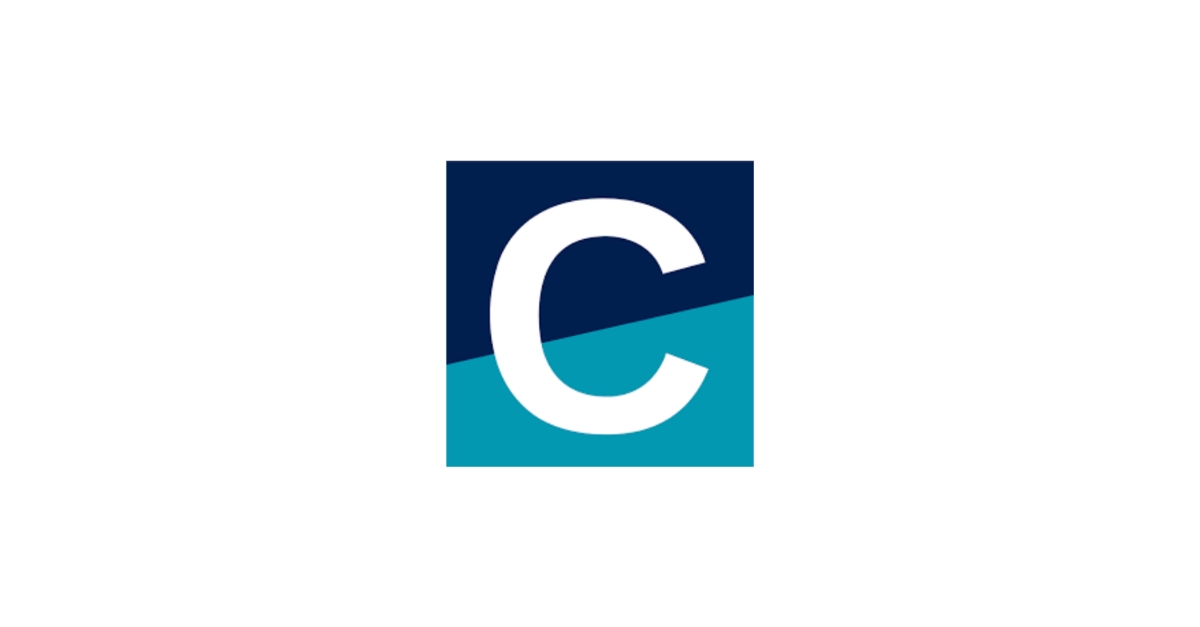Why a new approach to technology is crucial in IR reform
Workplace agreements struck up between enterprises, unions and staff rarely take into account the capability of company technology systems to...

In his recent interview with Bill Kutik on Firing Line entrepreneur, investor and author of HR From Now To Next Jason Averbook, used a line that stopped me in my tracks. Discussing the changing face of the HR industry, he put forward an interesting hypothesis that many organisations are in fact focusing in the wrong area from a HCM perspective. Rather than focusing on the important areas of data accuracy, governance and ease of compliance, Averbook suggests they are looking for a quick fix for their HR issues through AI, Bots or performance management tools. As he so eloquently explained, in many cases this is simply:
“Frosting on a Mouldy Cake”
Averbook’s point centres around an industry shift for HR as it evolves to become more strategic, by leveraging simplified and credible workforce technology. The HR industry is at a tipping point right now, with a golden opportunity to increase relevance to the worker, while increasing value to business at the same time.
The convergence of a human workforce and technological tools and process is where this shift is playing out, so I wanted to examine how both these areas can help lay the foundation for the more strategic role which HR can play.
Shifting Workforce
There is little dispute that the workforce as we know it, is evolving at a rapid rate. Some obvious examples of this evolution include:
I recently attended the world leading HR Technology Conference in Chicago where these topics were examined in depth. The trends are pointing to a fundamental industry evolution, which will challenge HR departments to adapt and embrace these new norms, to ensure a happily engaged workforce or risk losing their best and brightest talent. Click here for my wrap of the HR Tech conference in Chicago.
Technology Evolution
Just as the workforce if evolving at a rapid rate so too is the technology which is supporting this newly emerging workforce. Technology is placing a high emphasis on mobility, ease of use, simplicity and being built with data models and processes, to facilitate real time collection cleanly into a single data store. The underlying architecture is allowing the technology vendors to embrace Artificial Intelligence, with accessible clean data, so machine learning algorithms have a much higher predictive accuracy from the outset. We are also seeing a trend where traditional WFM vendors are enhancing their operational workforce technology outward to include HR functions such as on boarding, Performance and Goals. The net result of this is it provides a more optimal staff engagement in a “now” versus “later” fashion. This technology evolution goes hand in hand with the shifting workforce as each allows the other to evolve.
I have known Rob Scott for a number of years, a long time HR technology muse and thought leader, and he and I have had numerous discussions on this topic. We both agree that there is a strong link between WFM, with its ability to influence employee engagement, and Strategic HR, making the link via business operations. Rob wrote an article, Is WFM becoming the new HR which correlates nicely to this repositioning.
An engaged manager who can relate to the workforce can be the difference between a company succeeding or failing in the long run. How can one person make such a difference you may well ask? Let me give you examples.
Timely and accurate approval of overtime can be correlated directly to profit, production quality can be influenced by team morale and real time performance management can influence engagement. These items are workforce related and extend beyond scheduling and time management which HR often relate operations with. The operational data that is collected can be used by HR and other areas of the business such as finance and sales to make strategic business decisions.
These advances and trends look like they will continue into the foreseeable future. Will we come to know HR Technology as Workforce Technology into the future? I think Jason’s analogy of “frosting on the mouldy cake” perfectly captures the conundrum about where HR technology sits in this evolution and how aligned it can and should be to the workforce. Where ever the future goes HR, Technology and the Workforce will be key.
I may see some of you later this month in Melbourne at the HR Technology Festival where this topic will no doubt be discussed in more detail, when Jason Averbook takes to the stage to discuss the Future of Work. I am always interested in hearing from likeminded professionals and those with views on this topic, so please feel free to comment on this post or reach out to me directly.
About Jarrod
Workforce Management (WFM) is a discipline I am passionate about. I have spent the past 15 years dedicated to building the profile and value that WFM can bring, through the optimal engagement of human talent leveraging technology. I recently completed a successful stint establishing and growing a world leading WFM business.
Nowadays I’m focused on analysing the WFM market, exploring new technologies, understanding industry trends and expanding my network. As part of this analysis I am endeavouring to build the profile of WFM by sharing my analysis on the industry. I’m always interested in connecting with like-minded professionals. Please reach out if you would like to connect or share thoughts on WFM.
I can be contacted on jarrod@smartwfm.com or +61412901117
First Published in Linkedin, November 21, 2016

Workplace agreements struck up between enterprises, unions and staff rarely take into account the capability of company technology systems to...

A lot of health organisations implement WFM systems with a focus on payroll and compliance and add rostering as an afterthought, tacked on at the...

As business and HR leaders get to grips with the post-pandemic workforce and workplace, it’s all about putting people at the epicentre. “I think what...